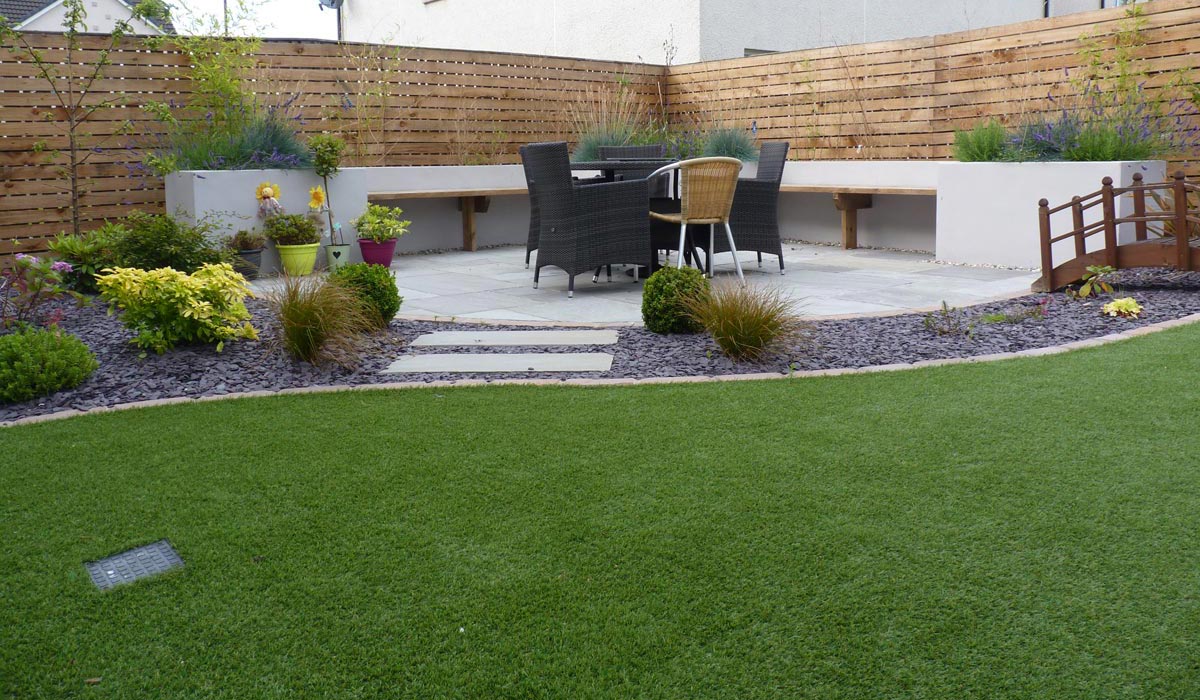Introduction: Fostering Connection Through Gardening
Unlike tree services, gardening is not merely a solitary pursuit; it’s a communal endeavor that fosters connection, camaraderie, and shared experiences. Explore these friendly gardening concepts that emphasize collaboration, inclusivity, and the joy of cultivating green spaces together.

Community Gardens: A Shared Oasis
Definition and Purpose
Community gardens are collaborative spaces where individuals come together to cultivate plants, share resources, and foster a sense of community. These communal oases serve as hubs for social interaction, education, and environmental stewardship.
Benefits and Impact
Community gardens offer a myriad of benefits, both tangible and intangible. They provide access to fresh produce, promote healthy lifestyles, and beautify neighborhoods. Moreover, they facilitate intergenerational learning, cultural exchange, and the forging of meaningful connections among participants.
Collaborative Gardening Projects
Seed Swaps and Plant Shares
Seed swaps and plant shares are popular collaborative gardening projects that enable participants to exchange seeds, cuttings, and seedlings with fellow gardeners. These events promote biodiversity, expand gardening horizons, and foster a spirit of generosity and abundance within the gardening community.
Group Planting Days
Organizing group planting days brings together garden enthusiasts to work collectively on garden projects such as planting trees, installing raised beds, or creating pollinator-friendly habitats. These collaborative efforts not only accelerate progress but also cultivate a sense of camaraderie and accomplishment among participants.
Inclusive Gardening Practices
Accessible Garden Design
Designing gardens with accessibility in mind ensures that individuals of all ages and abilities can actively participate in gardening activities. Incorporating raised beds, wide pathways, and adaptive tools promotes inclusivity and ensures that gardening remains an enjoyable and accessible pursuit for everyone.
Sensory Gardens
Sensory gardens engage the senses and cater to diverse sensory experiences, making them inclusive and welcoming spaces for individuals with sensory sensitivities or disabilities. By incorporating fragrant herbs, textured plants, and tactile elements, sensory gardens provide therapeutic benefits and sensory stimulation for all.
Educational Outreach Initiatives
Gardening Workshops and Demonstrations
Hosting gardening workshops and demonstrations provides opportunities for skill-building, knowledge-sharing, and community engagement. From composting tutorials to organic gardening practices, these educational initiatives empower participants to develop green thumbs and cultivate sustainable gardening habits.
School Gardening Programs
Introducing gardening into educational curricula through school gardening programs instills a lifelong appreciation for nature, food systems, and environmental stewardship in young learners. These programs offer hands-on learning experiences, foster connections with the natural world, and cultivate a sense of responsibility towards the earth.
Greening Initiatives and Environmental Activism
Guerrilla Gardening
Guerrilla gardening involves reclaiming neglected or abandoned spaces and transforming them into thriving green havens through unauthorized gardening activities. This grassroots movement not only beautifies urban landscapes but also raises awareness about the importance of public green spaces and environmental stewardship.
Pollinator Conservation Efforts
Pollinator conservation efforts focus on creating habitats and supporting populations of bees, butterflies, and other pollinators essential for ecosystem health and food production. By planting native flowering plants, reducing pesticide use, and providing nesting sites, gardeners play a crucial role in preserving biodiversity and supporting pollinator populations.
Conclusion: Cultivating Connections, One Garden at a Time
In the garden, barriers dissolve, and bonds are forged, transcending differences and nurturing a sense of belonging and interconnectedness. By embracing friendly gardening concepts such as community gardens, collaborative projects, inclusive practices, educational outreach initiatives, and environmental activism, gardeners can cultivate not only vibrant green spaces but also thriving communities rooted in shared values and a love for nature. Let us continue to sow seeds of friendship, cultivate connections, and nurture the spirit of camaraderie through the transformative power of gardening.